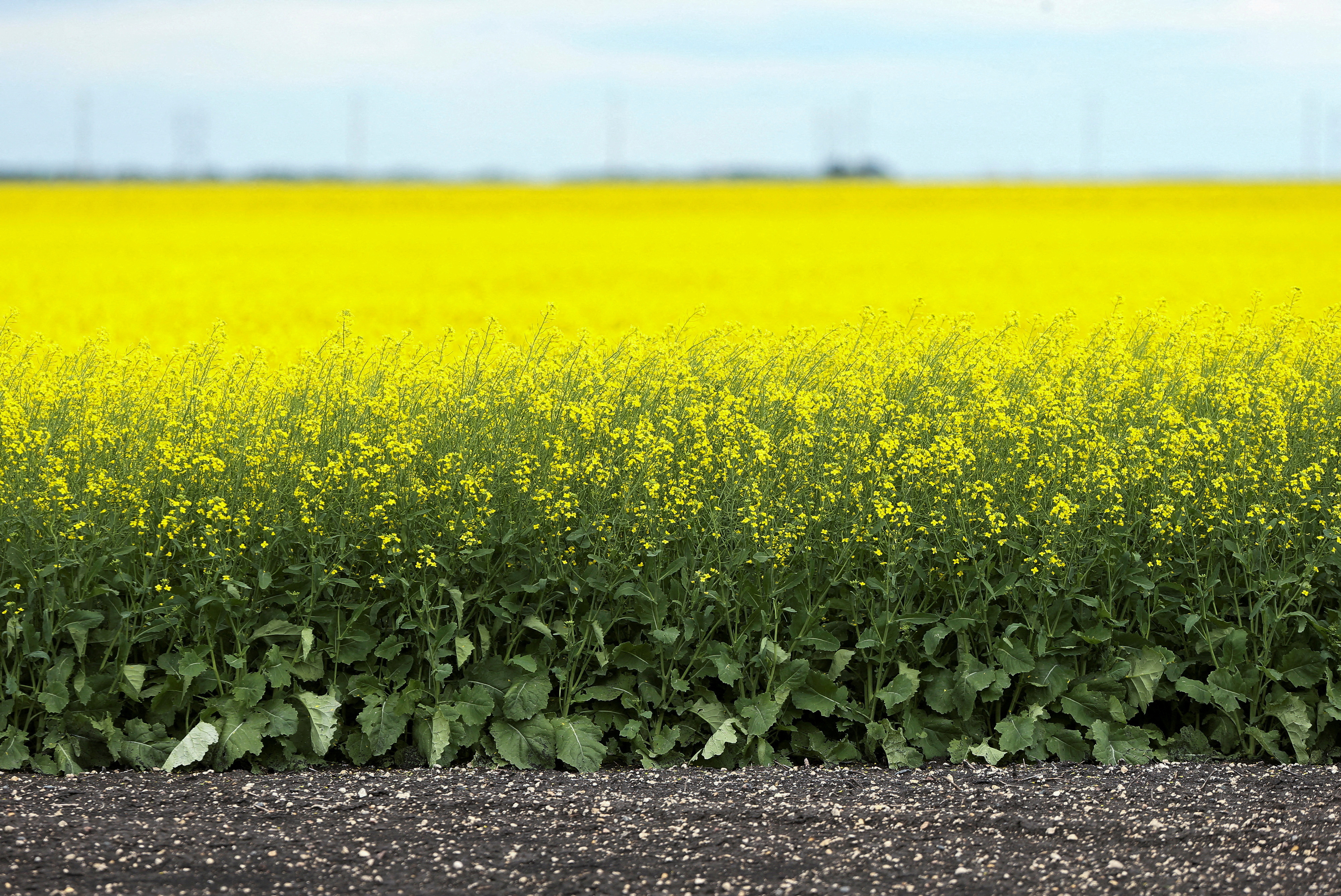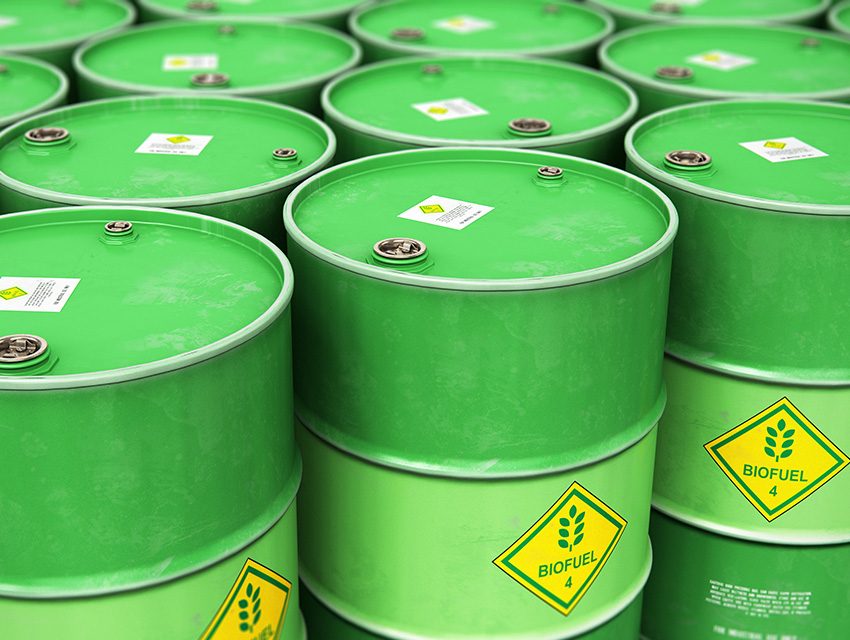
The North American biofuels industry is facing a major crisis as companies across the U.S. and Canada scale back production, shelve projects, and idle plants due to uncertainty surrounding trade policies and subsidies. Once booming with record investments and production, the industry is now navigating a turbulent period that threatens the future of renewable diesel and biodiesel.
With tariffs disrupting feedstock costs and the U.S. government wavering on biofuel subsidies, companies are left scrambling to adjust. This contraction is not just affecting biofuel producers but also farmers, processors, and rural economies that have heavily relied on the sector’s growth.

Why Biofuel Companies Are Scaling Back Production
For years, biofuel producers in Canada and the U.S. benefited from favorable policies and strong demand. However, a combination of trade conflicts, regulatory uncertainty, and shifting federal incentives is now forcing them to scale back operations.
1. Trade Wars and Tariffs Are Driving Up Costs
The latest round of tariffs imposed by the U.S. on Canadian canola and biofuel products has created significant challenges for producers. On March 4, 2025, the Trump administration imposed a 25% tariff on Canadian biofuel imports, sending shockwaves through the industry.
For companies like Federated Co-operatives Limited, this uncertainty has led to tough decisions. The company recently shelved plans for a renewable diesel and canola processing plant in Saskatchewan, one of five projects that were set to expand Canada’s canola processing capacity by 60% over five years.
"Just how do you set a price when you don't know if you're going to be wrong a day later, a month later, six months later?" said Paul Niznik, Director of Energy at Capstone LLC.
2. Unclear Biofuel Subsidies Are Adding to the Confusion
In addition to trade uncertainty, biofuel subsidies in the U.S. remain in limbo. The Inflation Reduction Act, passed under the Biden administration, had introduced a new tax credit structure (45Z) that rewarded biofuel producers based on carbon intensity. However, with the transition to the Trump administration, implementation of these tax credits remains uncertain.
Western Dubuque Biodiesel, a plant in Farley, Iowa, has been idled since December 2024 due to the lack of clarity surrounding the 45Z tax credit. Tom Brooks, General Manager of Western Dubuque Biodiesel, explained how this policy uncertainty has made running the plant financially unviable:
"If I were to run today, I lose 46 cents a gallon under 45Z. Under that previous credit, I would have made 15 to 20 cents a gallon," Brooks said.

>> RELATED: Senate Agriculture Committee Introduces Draft Farm Bill with Key Updates for Bioethanol and Biofuels
The Impact on Farmers and Oilseed Processors
The biofuels crisis isn’t just affecting energy producers—it’s hitting farmers and oilseed processors hard. The U.S. and Canada have built massive oilseed processing facilities to support biofuel production, but with demand shrinking, farmers are facing a drop in canola and soybean prices.
3. Lower Demand Is Pushing Down Crop Prices
Canada exported $6.02 billion worth of canola and canola products to the U.S. in 2023, including $4.37 billion in oil. However, with tariffs set to increase on April 2, 2025, shipments are expected to decline sharply, forcing prices to drop.
"Given the risk, prices are going to drop. Shipments are going to slow. Long-term contracts are going to get very, very tenuous," said Rick White, President and CEO of the Canadian Canola Growers Association.
4. Soybean Farmers Are Cutting Back on Planting
In the U.S., soybean farmers are also feeling the pressure. Crush margins for soybeans have dropped nearly 60% from a year ago, leading to lower planting projections for 2025. Companies like Archer-Daniels-Midland (ADM) and Bunge, which dominate North America’s soybean and canola processing industry, are warning that 2025 earnings could be their lowest in six years.
How the U.S. and Canada Are Responding
5. The U.S. Biofuels Industry Is Pushing for Policy Stability
The biofuels industry in the U.S. is pushing the government to increase biofuel mandates under the Renewable Fuel Standard (RFS) to provide stability for producers. However, the Environmental Protection Agency (EPA) has yet to announce whether they will raise biofuel volume mandates beyond the current 3.35 billion gallons per year, a level that is far below industry capacity.
6. Canada Is Looking for Alternative Markets
In Canada, policymakers are scrambling to find new buyers for their biofuels and oilseeds. Kody Blois, Canada’s new agriculture minister, has stated that the government is working with Prime Minister Mark Carney to increase domestic demand for canola-based biofuels to offset lost U.S. sales.
Meanwhile, farmers like Andre Harpe from Alberta are struggling with uncertainty.
"Right now we don't know if we should be selling or holding or dumping," Harpe said.
What’s Next for Biofuels in North America?
Despite the current challenges, experts agree that biofuels will continue to play a role in North America’s energy future. However, the scale and pace of growth are now at risk due to trade conflicts, policy shifts, and market uncertainties.
The question remains: Will governments step in to stabilize the industry, or will biofuels producers have to ride out a painful period of contraction? For now, companies, farmers, and processors alike are holding their breath as they await clarity.
Subscribe to the newsletter
Daily decarbonization data and news delivered to your inbox
Follow the money flow of climate, technology, and energy investments to uncover new opportunities and jobs.
Latest issues
-
NYK Partners With Climeworks to Remove CO₂ Through Diverse Carbon Removal Solutions
Inside This Issue 🌊 NYK Partners With Climeworks to Remove CO₂ Through Diverse Carbon Removal Solutions 🛠️ First Public Hydrogen (FPH2) Appoints Ernesto Medrano to Board of Directors 💡 Kinetics Ac...
-
Trading Carbon Right: Why Credit Quality Matters More Than Ever
Inside This Issue 📊 Trading Carbon Right: Why Credit Quality Matters More Than Ever ☀️ SunHydrogen Contracts The Process Group for Front-End Engineering Design of 25m2 Renewable Hydrogen Pilot Pla...
-
Tri-gen Receives U.S. Department of Energy 2025 Better Project Award
Inside This Issue 🏆 Tri-gen Receives U.S. Department of Energy 2025 Better Project Award ⚡ HyOrc Corporation Unveils Modular Hydrogen Power for a Failing Grid 🌳 Everland in Partnership with BNP Pa...
Company Announcements
-
Project Hajar Earns Top XPRIZE Carbon Award for Direct Air Capture and Storage in UAE
Project Hajar, a joint initiative by 44.01 and Aircapture, has been named the strongest performer in the Air category of the XPRIZE Carbon Removal competition, earning a \$1 million award. The proj...
-
BKV Corporation (“BKV” or the “Company”) (NYSE: BKV) today announced the formation of a strategic joint venture (the “JV”) between BKV dCarbon Ventures, LLC (“dCarbon Ventures”), BKV’s wholly-owned...
-
Microsoft Expands World’s Largest Carbon Removal Deal with Stockholm Exergi to 5M Tonnes
World’s largest annual CDR delivery deal: Microsoft'’s expanded agreement now totals 5.08M tons, with 500,000 tons captured annually. $1.3B BECCS facility operational by 2028: Stockholm Exergi’s p...
-
FORNEBU, Norway, May 9, 2025 /PRNewswire/ – Aker Carbon Capture ASA (Aker Carbon Capture or ACC) and Aker ASA (Aker) today announced an agreement whereby Aker will buy the 20 percent ownership inte...